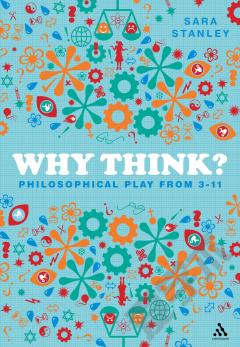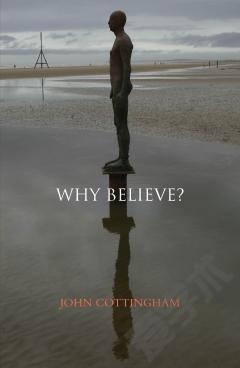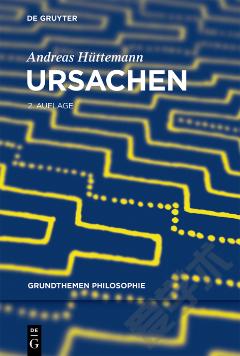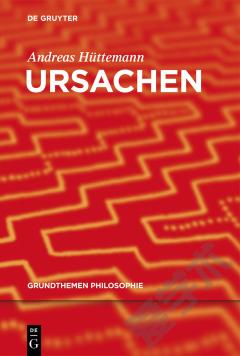Why?
ISBN: 9780691136486 出版年:2012 页码:216 Tilly, Charles Princeton University Press
In his umpteenth book Why? (2006) Charles Tilly has shifted his focus from large-scale historical processes to both present history and personal history, including the illness and mortality of others and himself. In his discussions of large-scale processes, Tilly has always provided vivid and telling detail, whether of âmalefactors who set off . . . fireworksâ in Dijon in 1642 (Tilly, 1986, p. 2), or of Louis XIV and his finance minister Colbert maneuvering to avoid state bankruptcy, and âto keep smuggling, banditry, bribery, and plunder from getting completely out of handâ (Tilly, 1997b, p. 37). Tilly presents here not an illustrated set of large-scale processes but a very personal cabinet of wonders, stuffed not with crocodile skulls, musical instruments, and deteriorating dice, but with othersâ writing that has caught his eye, his own acute observations, and appearances by family members, friends, and colleagues. In a sense, this is not an abrupt departure: weâve met various of Tillyâs extended family and friends before, in dedications, forewords, acknowledgments, and text, though here Tilly goes further. Why? is not only set in the present, but is about the present: it opens and closes with how various people have tried to make sense of the shattering attacks on the World Trade Center on September 11. And though Tillyâs wide-ranging discussion of his own family and of illness may appear to be about past and future, this too is fundamentally, and movingly, about the present.








 京公网安备 11010802027623号
京公网安备 11010802027623号